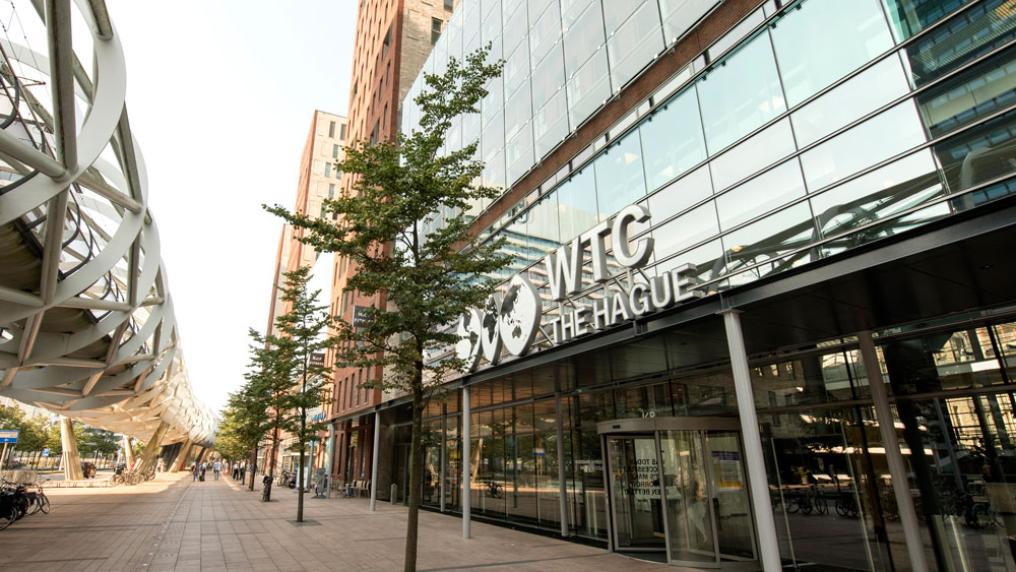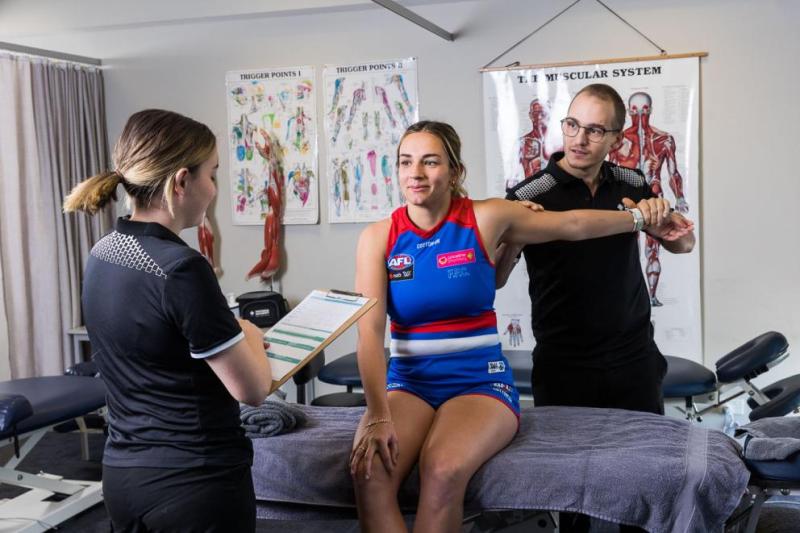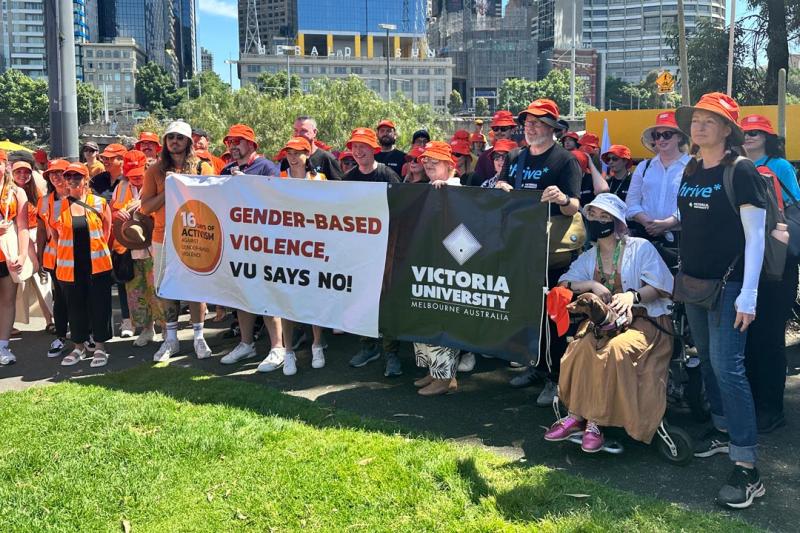CGE training course with advanced topics

View map below

Course Postponed
This course has been postponed to March or April 2026, dates to be announced (the course was planned for 13-17 October, 2025).
Introduction
The Centre of Policy Studies (CoPS), Victoria University, Melbourne is offering a 5-day computable general equilibrium (CGE) training course with advanced topics, hosted by Wageningen Social and Economic Research (WSER), The Hague. The course is co-sponsored by the Brightspace Project.
This course will be valuable for people who:
- are novices in CGE but would like to acquire familiarity with how CGE simulations are conducted and what they can deliver; or
- have CGE experience but would like to enhance their skills in simulation design, computation and interpretation by working with some of the world’s most experienced CGE practitioners.
The focus of the course is CGE as a flexible tool for policy application. Participants will find that CGE modeling can be applied quickly to give ballpark answers to questions as they arise, or in a more measured way to provide in-depth answers that will stand up to critical public scrutiny. Participants will see that with ingenuity, they can adapt available CGE models to throw light on an enormous and evolving array of questions concerning the environment, labor markets, sub-national regions, trade and supply chains, natural disasters, pandemics, terrorism and military conflict.
Core content & model
The course will be centred on GlobeTERM which is part of the family of models whose origins can be traced back to Australia's ORANI model and include GTAP and MAGNET. GlobeTERM is supported by a database identifying 74 industries in 160 countries.
With additional data, a country can be disaggregated into sub-national regions, e.g. NUTS-2 regions for European countries, and states and counties for the U.S. Participants will use a version of GlobeTERM focusing on Europe.
The course will consist of:
- hands-on computational exercises; and
- lectures and discussions.
In the hands-on exercises, participants will compute GlobeTERM solutions and interpret their results. The exercises and instructor-assistance will be tailored to the interests and experience of participants.
The lecture sessions will cover central required topics and advanced topics. The central required topics will include
- the structure and database of a CGE model
- solving a CGE model in GEMPACK
- interpreting CGE results.
Advanced topics
The advanced topics will be chosen with the interests of the participants in mind. The topics will include a selection of:
- competition policy, imperfect competition, excess profits and income distribution in CGE
- sticky-real wages and excess capacity to facilitate short-run CGE applications
- finance, banking, foreign assets and liabilities and the balance of payments in a CGE framework
- using CGE to understand implications of FDI
- validation and what to say to sceptics who won’t believe anything that is not supported by econometrics
- the relationship between a single country model and global models such GTAP and GlobeTERM, and getting the best out of both
- using regression equations and neural networks to create systems that mimic CGE.
These systems are valuable for organizations that: need CGE answers, lack in-house CGE expertise and are precluded by security considerations from sharing the specific nature of their interests with external consultants.
Instructors
Peter B. Dixon: Peter is one of the world’s best known CGE modelers. He has 50 years’ experience in the field. His work has been recognized by awards that include: the Distinguished Fellowship of the Economic Society of Australia; membership of the GTAP Hall of Fame; appointment as an Officer in the Order of Australia; and an honorary doctorate from the University of Pretoria. With Dale Jorgenson, he edited Elsevier’s Handbook of CGE Modeling, and is the author/co-author of about 250 published papers and 9 books.
Maureen T. Rimmer: Maureen is the author or co-author of about 100 CGE papers and numerous reports for policy organizations in the U.S., Australia and several other countries. With Peter, she developed the MONASH model of Australia and the USAGE model of the U.S. Her contributions to the GTAP network have been recognized by the award of an honorary research fellowship.
Glyn Wittwer: Glyn is the developer of GlobeTERM. Glyn specializes in the development of master-databases for CGE models with world leading regional and industrial detail. He is the principal author of two CGE books, 70 CGE papers and numerous reports. Like Maureen, his contributions to the GTAP network have been recognized by the award of an honorary research fellowship.
Michael Jerie: Michael is the director of the software team at the Centre of Policy Studies. He is responsible for on-going development of GEMPACK software and trouble-shooting for the thousands of GEMPACK users throughout the world. With Michael on the team, computational aspects of the course will run smoothly. Michael is a member-at-large of the GTAP Board and a GTAP honorary research fellow.
Date & time
To be announced. We are finalizing new dates, Monday—Friday in March or April 2026.
Location
The course will be conducted at WSER, The Hague, Netherlands. Note that WSER is located inside the World Trade Centre (WTC) building.
WSER, Wageningen University & Research
World Trade Centre
The Hague Prinses Beatrixlaan 582
2595 BM Den Haag
www.wtcthehague.com/en
Laptop requirement
Please note that you need to bring your own Windows laptop and install GEMPACK before the course.
Course fees
| Participant type | Course fees |
|---|---|
| Academic/Government/Private sector | €3,000[1] |
| Student | €1,500[1] |
[1] Payment methods. Payment can be made by credit card or bank transfer. Credit card payments are done in Australian dollars $AUD using the Victoria University online payment system. If you pay by credit card, you will pay the $AUD equivalent. Details on how to pay will be emailed to you after you register.
Course fees cover course materials, including 1-year expiring GEMPACK software, lunches, morning and afternoon teas. They do not cover accommodation, transportation, breakfast or evening meals.
Registration & payment
Register your interest in attending the course by sending an email to Louise Pinchen . Confirmation and payment details will be sent to you by reply email.
Accommodation
Participants are required to arrange their own accommodation options.
- NH Hotel WTC - Located inside the WTC building
- Mercure Hotel Den Haag Central - Located close to The Hague Central Station, 1.7km from the WTC building
- PLAZA Premium Den Haag City Center - Located in the centre of The Hague, about 2km from the WTC building
- Ibis Den Haag City Centre - Located in the centre of The Hague, 2.6km from the WTC building





